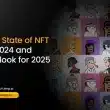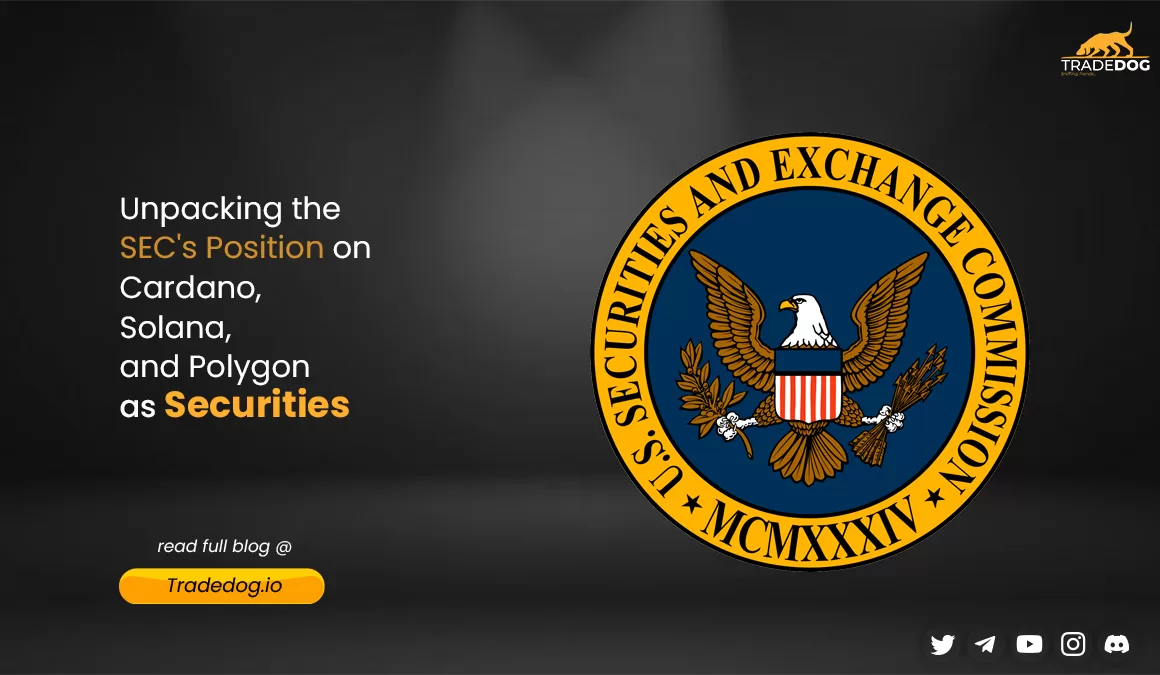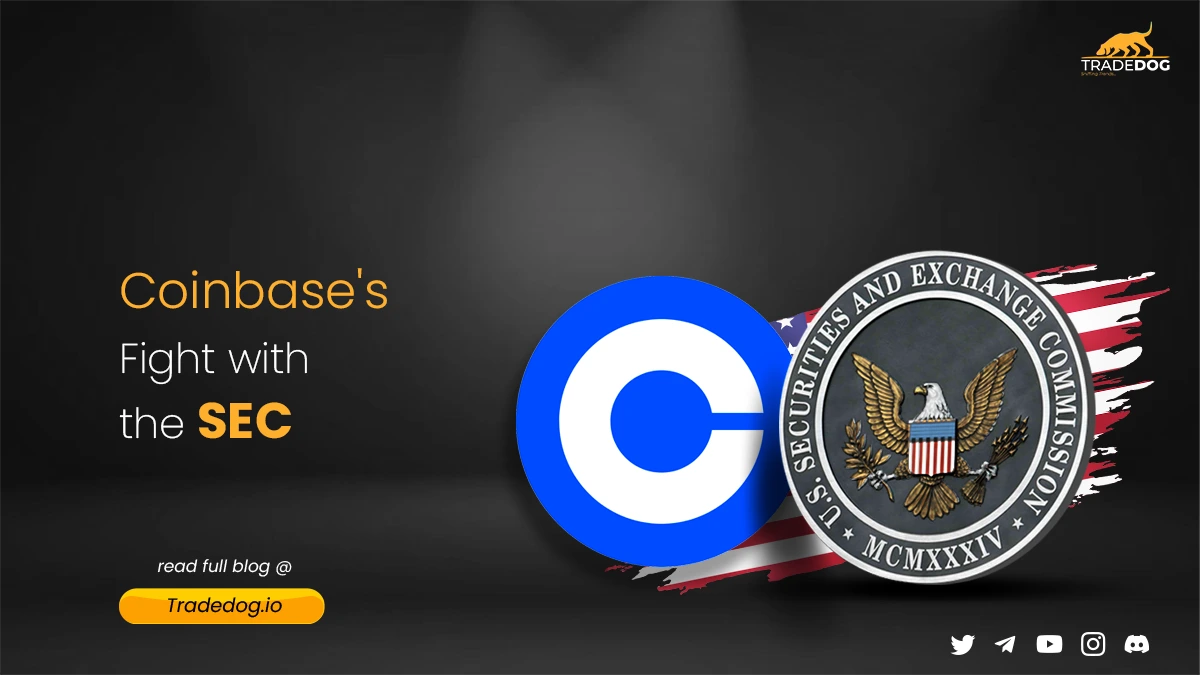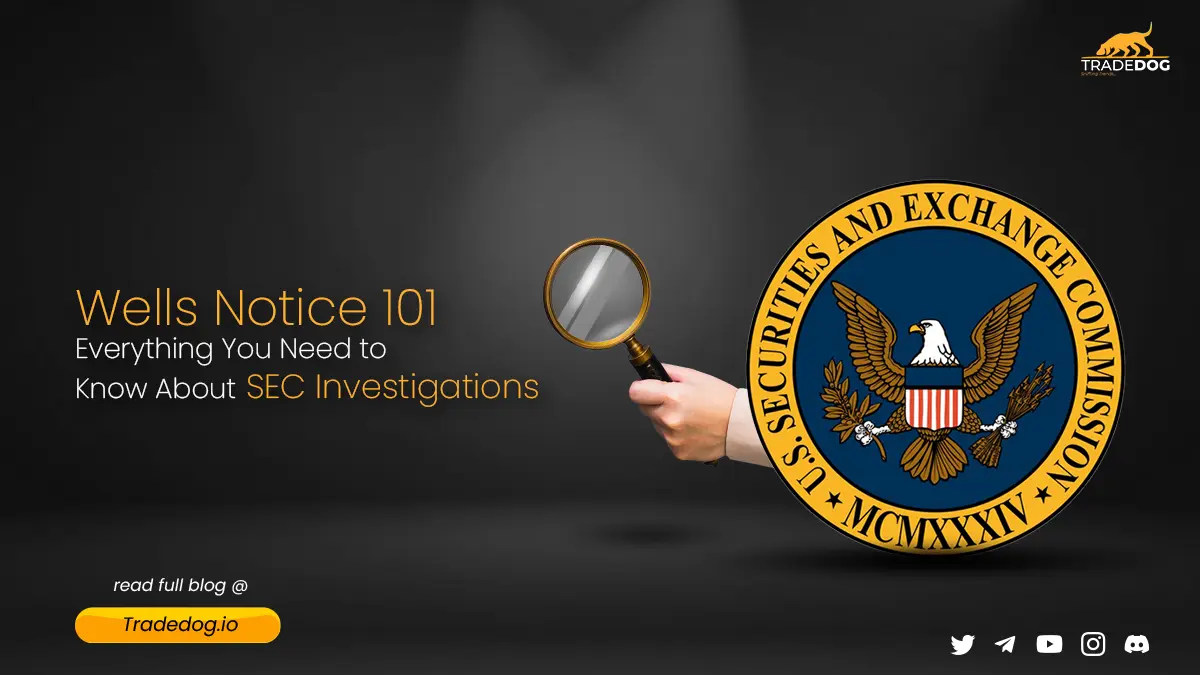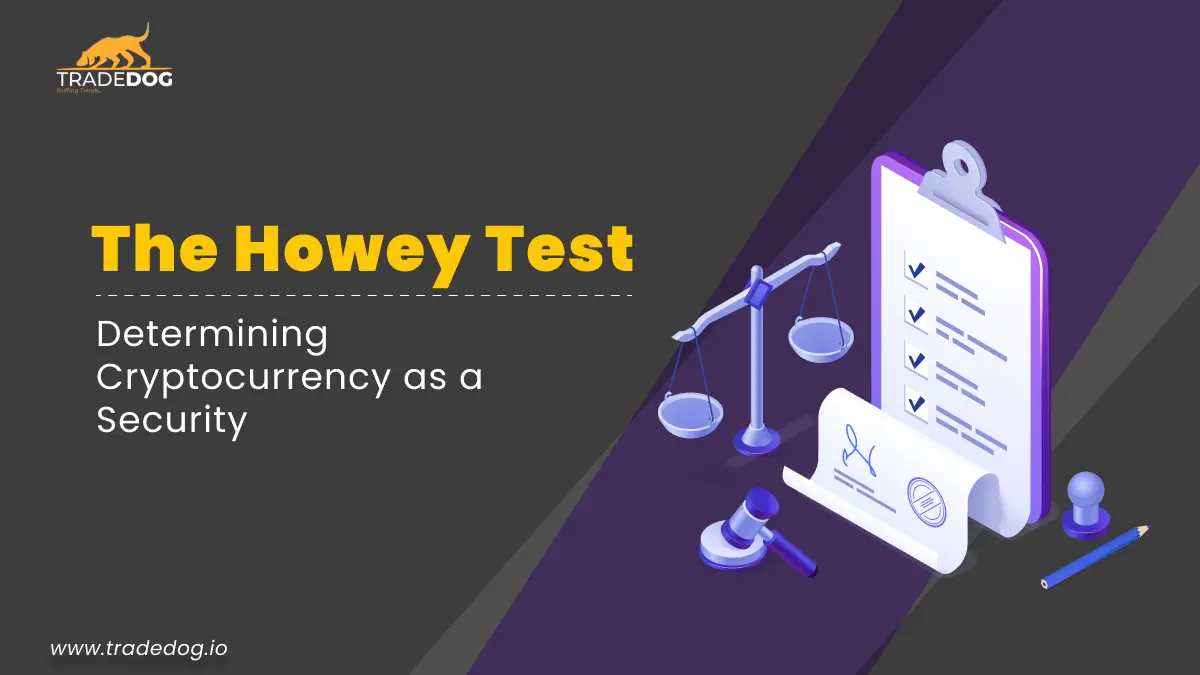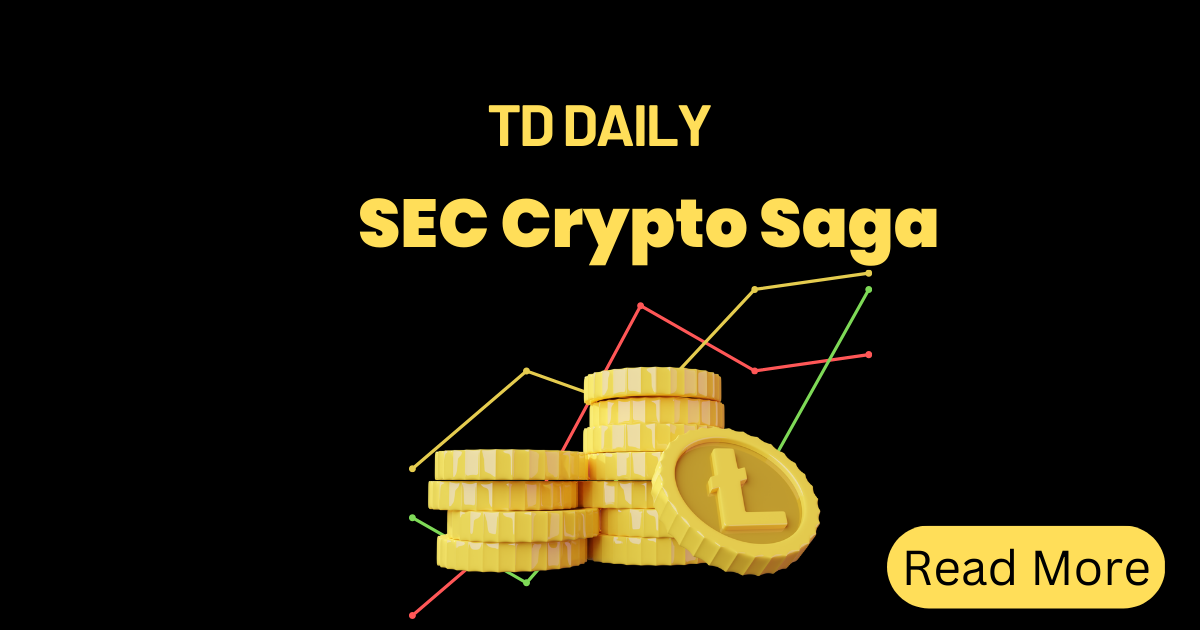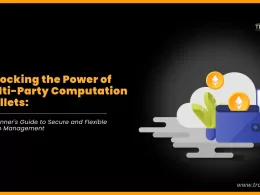Quick Links
In the legal action brought forth on Monday, the Securities and Exchange Commission (SEC) has lodged a lawsuit against Binance, a prominent cryptocurrency exchange. The allegations put forth by the SEC claim that various well-known cryptocurrencies, such as Solana, BNB, and the native tokens for Polygon and Cardano, should be classified as securities.
This recent development holds great importance for the cryptocurrency industry, as the Securities and Exchange Commission’s determination to classify certain tokens as securities can have a profound impact. Such a classification has the potential to discourage brokers from including these tokens in their offerings, leading to decreased liquidity and potentially affecting their market value negatively.
Why the SEC is going after Proof-of-Stake Tokens?
Led by Chair Gary Gensler, the Securities and Exchange Commission (SEC) has been actively working to broaden the scope of cryptocurrencies falling under the security category. According to this classification, cryptocurrencies are considered investment contracts and therefore required to register with the SEC. Gensler has repeatedly expressed his belief that nearly all cryptocurrencies should be classified as securities, excluding Bitcoin.
Furthermore, Gary Gensler is steadfast in his viewpoint that proof-of-stake tokens could potentially fulfill the criteria of securities based on the Howey Test. This would result in these tokens falling within the regulatory oversight of the SEC, as per his agency’s authority.
How SEC is labelling POS tokens under Securities?
In the filing submitted on Monday, the SEC put forth the argument that Solana’s deflationary model, which incorporates a burning mechanism, has created a perception among investors that purchasing SOL tokens carries the potential for profit due to the presence of this built-in mechanism. The agency supports its stance by referencing promotional statements made by Solana’s parent company, which were aimed at stimulating demand for the token. Apart from Solana, here is the list of tokens that the SEC is deeming to be securities:
- Binance Coin (BNB)
- Binance USD (BUSD)
- Cardano (ADA)
- Polygon (MATIC)
- Cosmos (ATOM)
- Filecoin (FIL)
- SandBox (SAND)
- Decentraland (MANA)
- Algorand (ALGO)
- Axie Infinity (AXS)
- COTI (COTI)
High Stakes for Binance and Changpeng Zhao
Central to the dispute is Binance’s alleged act of offering unregistered securities to the general public, specifically their native BNB token and the Binance-linked BUSD stablecoin. The SEC further accuses Binance of contravening securities laws through its staking service. According to the lawsuit, Binance allowed the mingling of customer funds, a practice that typically contradicts established financial regulations.
One of the fundamental allegations made by the EC against both Binance and BAM Trading (the operator of Binance.US, which Binance claims to be a distinct entity) is that they functioned as exchanges without registering with the SEC. Furthermore, the SEC accuses them of operations as broker-dealers and clearing agencies. Therefore, the stakes are undeniably high for Binance and its founder, Changpeng “CZ” Zhao




